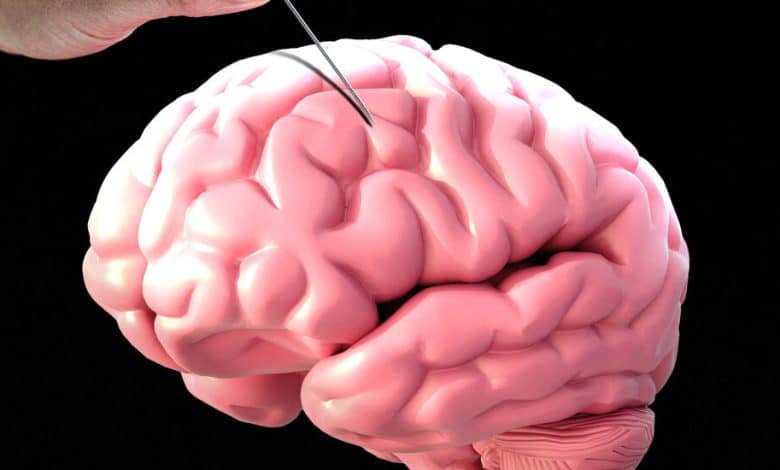On the Dangers of Inflation Brain

Surging prices in 2021-22, after decades of low inflation, came as a shock to many. So it was in a way understandable that many observers more or less freaked out, seeing a return to the 1970s lurking under every bed and behind every closet door.
What’s less understandable, or at any rate less forgivable, is how many commentators continue to blame the inflation boogeyman for every economic problem — a condition I’ve come to think of as “inflation brain.” And I worry that this condition may even be affecting the Federal Reserve, leading it to keep interest rates too high for too long.
Let me give you two recent examples of inflation brain in action.
This month, a preliminary release by the widely followed University of Michigan survey of consumers reported a significant fall in consumer sentiment. Consumers gave a number of reasons for reduced optimism, but every news article I saw about it attributed their pessimism to a jump in expected inflation, both over the next year and over the next five years.
Then the final version of the May report was released, and the initially reported jump in inflation expectations more or less disappeared. Consumer sentiment was still significantly down, but the survey’s news release attributed this decline largely to concerns about labor markets and interest rates, not inflation fears.
Another example: Target, Walmart and other big retail chains have recently announced a number of price cuts, both temporary and permanent. They are presumably doing this because they are seeing worrisome softness in demand. But many of the reports I saw managed to frame falling prices as somehow a symptom of inflation — simply assuming that inflation must be sapping consumers’ purchasing power, when the reality is that wages have consistently outpaced inflation since the summer of 2022. Maybe demand is weakening for other reasons?
In both cases, then, commentators seemed determined to frame everything — even falling prices! — as an inflation problem, while ignoring other possible concerns and risks.
